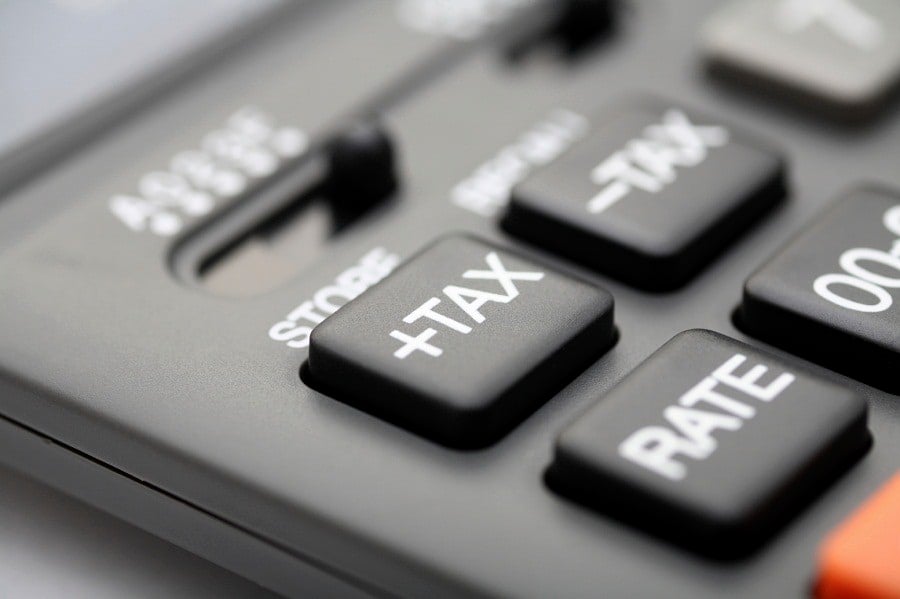A proposed tax on stocks, bonds and derivatives trading has triggered mixed reviews from financial advisers, some of whom believe it will hurt hedge funds and other high-frequency traders more than it will impact ordinary retirement savers.
“If we have to come up with money somehow, this is a horrific way of doing it,” said Ed Butowsky, managing partner at Chapwood Capital Investment Management.
“At this point, we're still not talking about a lot of money with this tax, but it continues the shoplifting from capitalism because of our inability to reduce our government spending,” he said. “I would be less against it if it excluded tax-deferred retirement accounts.”
There have been a number of proposals aimed at taxing Wall Street, but the
legislation introduced Wednesday by Rep. Peter DeFazio, D-Ore., would tax three basic points of financial transactions and could collect $417 billion in taxes over 10 years, assuming the tax doesn't deter transactions, according to congressional estimates.
Like most proponents of taxes aimed at the financial services industry, Mr. DeFazio is promoting it as a way to curtail high-frequency trading.
Since
high-frequency traders have been associated with increased market volatility, they have become easy targets, which is why some advisers support the tax if it is a way to slow down those strategies.
“The effect it would have on high-frequency trading might be positive, but I'm just not a fan of adding costs to investors in the form of a tax,” said Blair duQuesnay, chief investment officer and principal at ThirtyNorth Investments.
“Liquidity is important, even if you're a long-term investor, and anytime you add cost and friction, you're theoretically impacting liquidity,” she said. “This would also be much more of a hidden tax, which I'm not a fan of.”
The fact that the tax is proposed as starting at just 3 basis points is part of the selling point for Carolyn McClanahan, director of financial planning at Life Planning Partners.
“I think it's a fairly painless and good idea to raise additional revenue,” she said. “It will be a tiny, tiny, tiny little percent on financial transfers. It's like a sales tax. They have it in Europe.”
In terms of the impact on retail investors and retirement savers, Ms. McClanahan said, “It doesn't really penalize real investors, but it does penalize high-frequency traders. And it won't effect my business because we're not traders. But just like you have to think about capital gains taxes, it will be something else we'll have to think about.”
Kashif Ahmed, president of American Private Wealth, also sees the value of a tax as a way of deterring high-frequency trading.
“It may serve to put a halt to rapid fire, uneducated trading by amateur investors, which will likely help them in the long run,” he said. “The online discount brokerages that offer free-trade deals will either withdraw those offers or fight the proposal. But I think it may be wise to pursue this. After all, if you have to pay a tax every time you transact, you will think twice.”
The current size of the proposed tax is irrelevant, according to Thomas Meyer, chief executive of Meyer
Capital Group.
“They can talk about 3 basis points to get the tax passed, but the next thing they will be talking about is 10 or 12 basis points, because if you give them an inch they'll take a mile,” he said.
Regarding the comment by Mr. DeFazio that he doesn't “expect the knuckleheads running this Congress” to pass the legislation, Mr. Meyer pointed out that Mr. DeFazio has been in Congress since 1987 when the
federal deficit was $2.5 trillion, compared to $19 trillion today.
“It's career politicians like DeFazio that are the problem,” Mr. Meyer said. “They just want to feed the monster; they don't want to try and contain it.”
Mr. Meyer also believes such a tax, regardless of how small, has to trickle down to hit retail investors.
Unlike Mr. DeFazio's bill,
some proposals for a transactions tax would only apply to high-frequency trading strategies, not all trades.
Mr. Meyer is not a fan of high-frequency trading, but he doesn't think it can be tamped down with taxes.
“The technology allows for high-frequency trading; we can't just go back to the fricken abacus just because we don't like something new,” he said.
Paul Schatz, president of Heritage Capital, had a similar perspective on the proposed tax, describing it as “typical election-year posturing.”
“The sad part is that Congressman DeFazio has no clue of the negative impact it would have on the very people he is supposedly purporting to protect, the mom-and-pop investor,” Mr. Schatz said. “This whole thing is a joke, and Congress should spend time worrying about the economy, jobs or, better yet, preventing congressmen from trading on inside information.”







